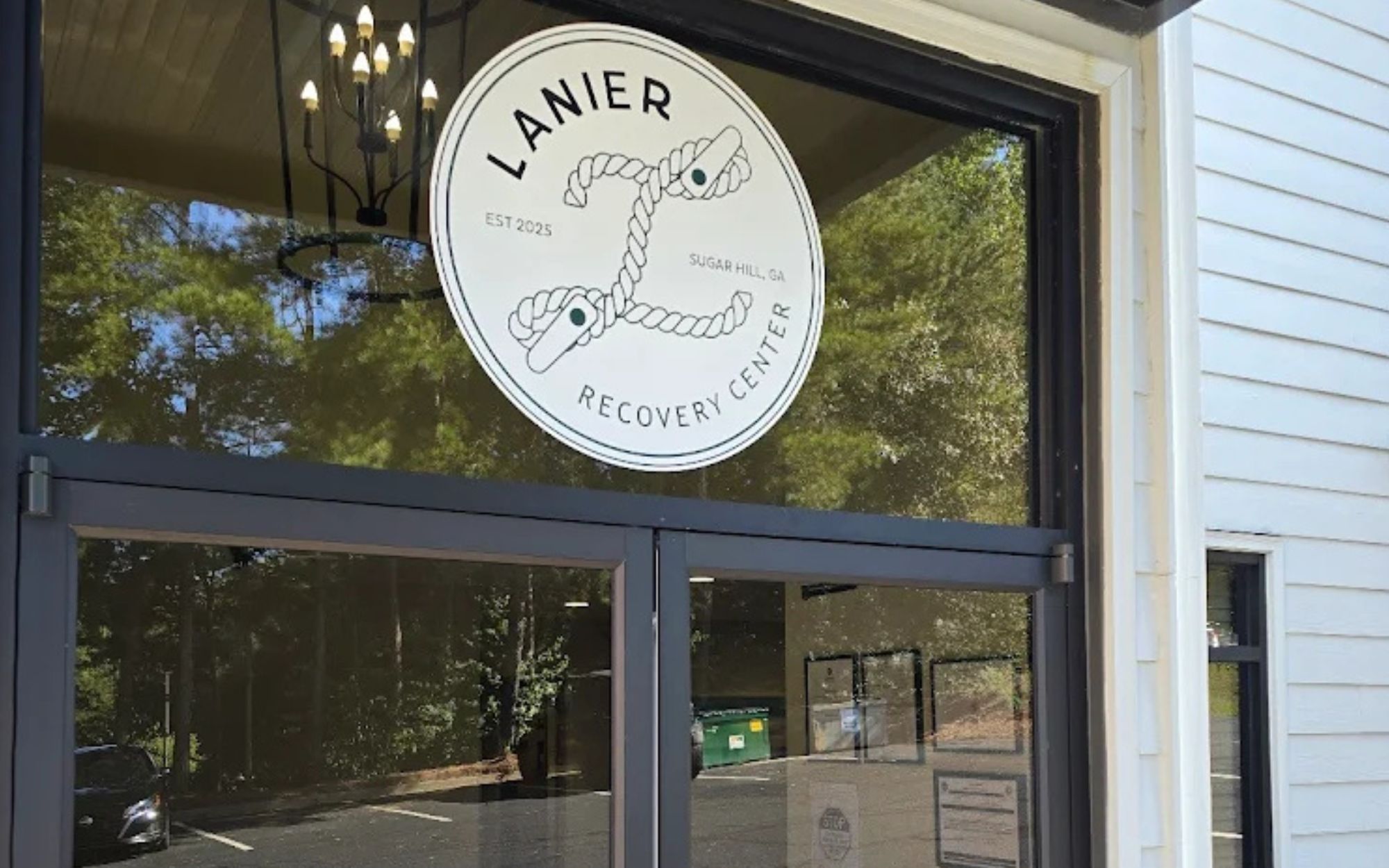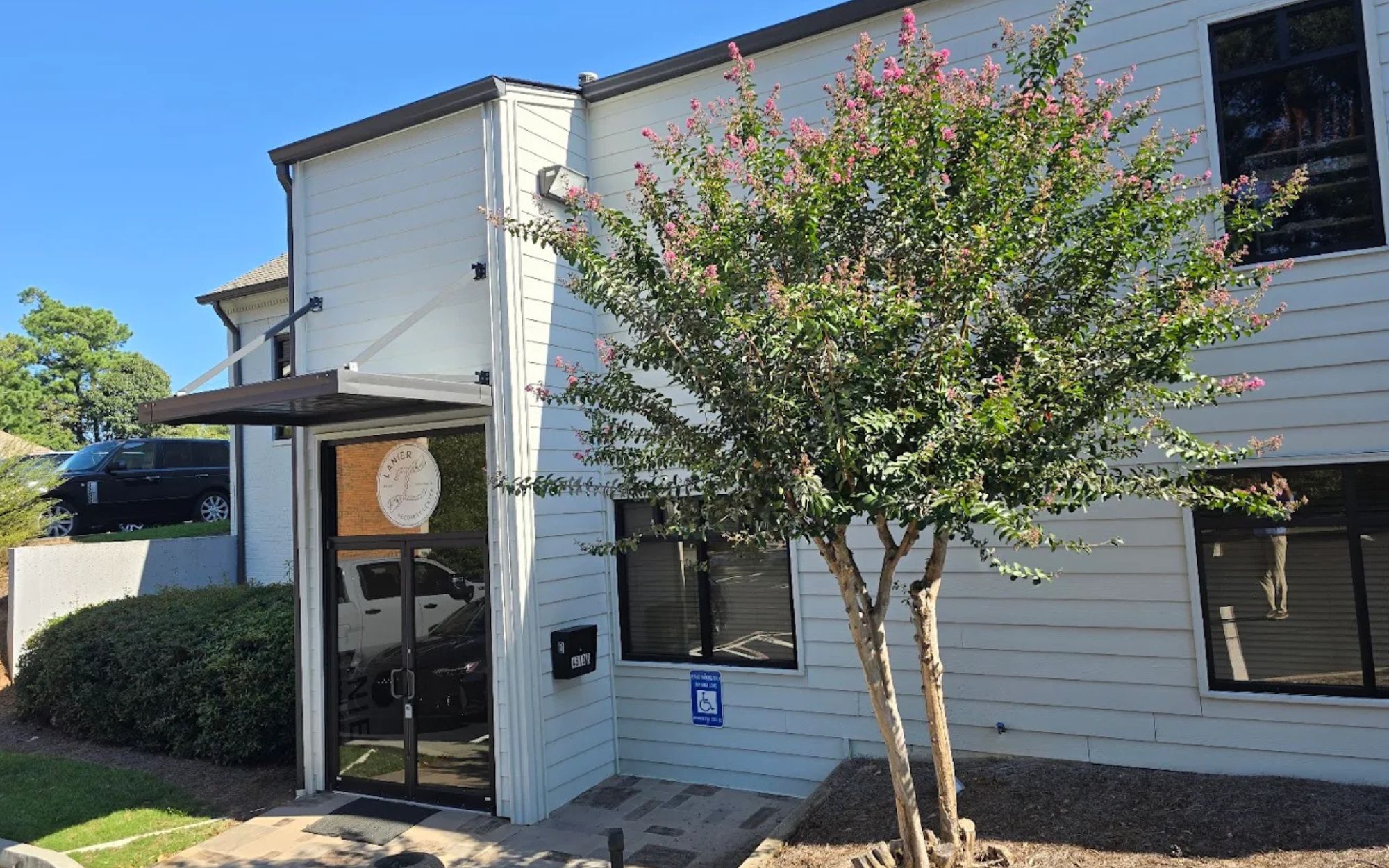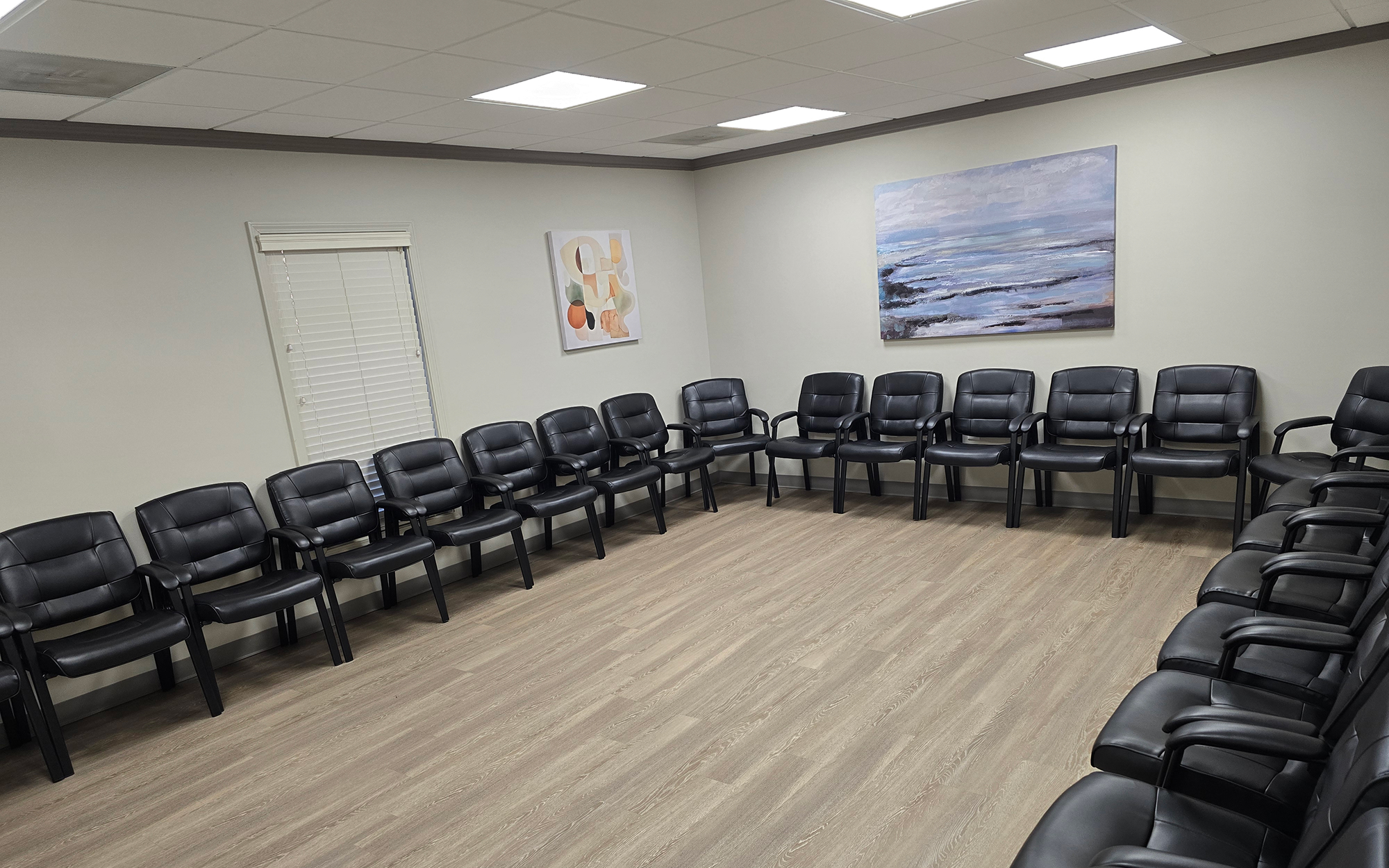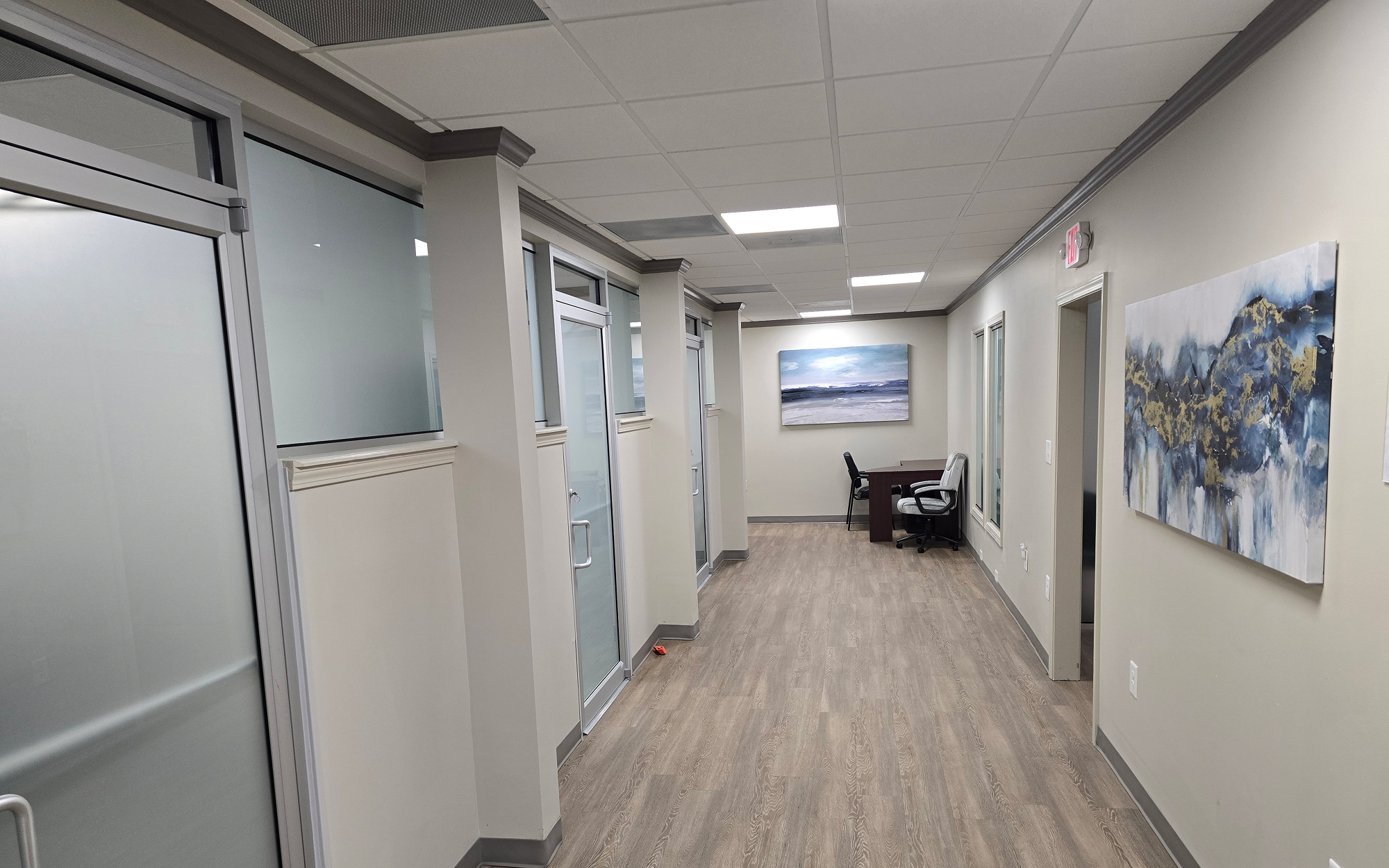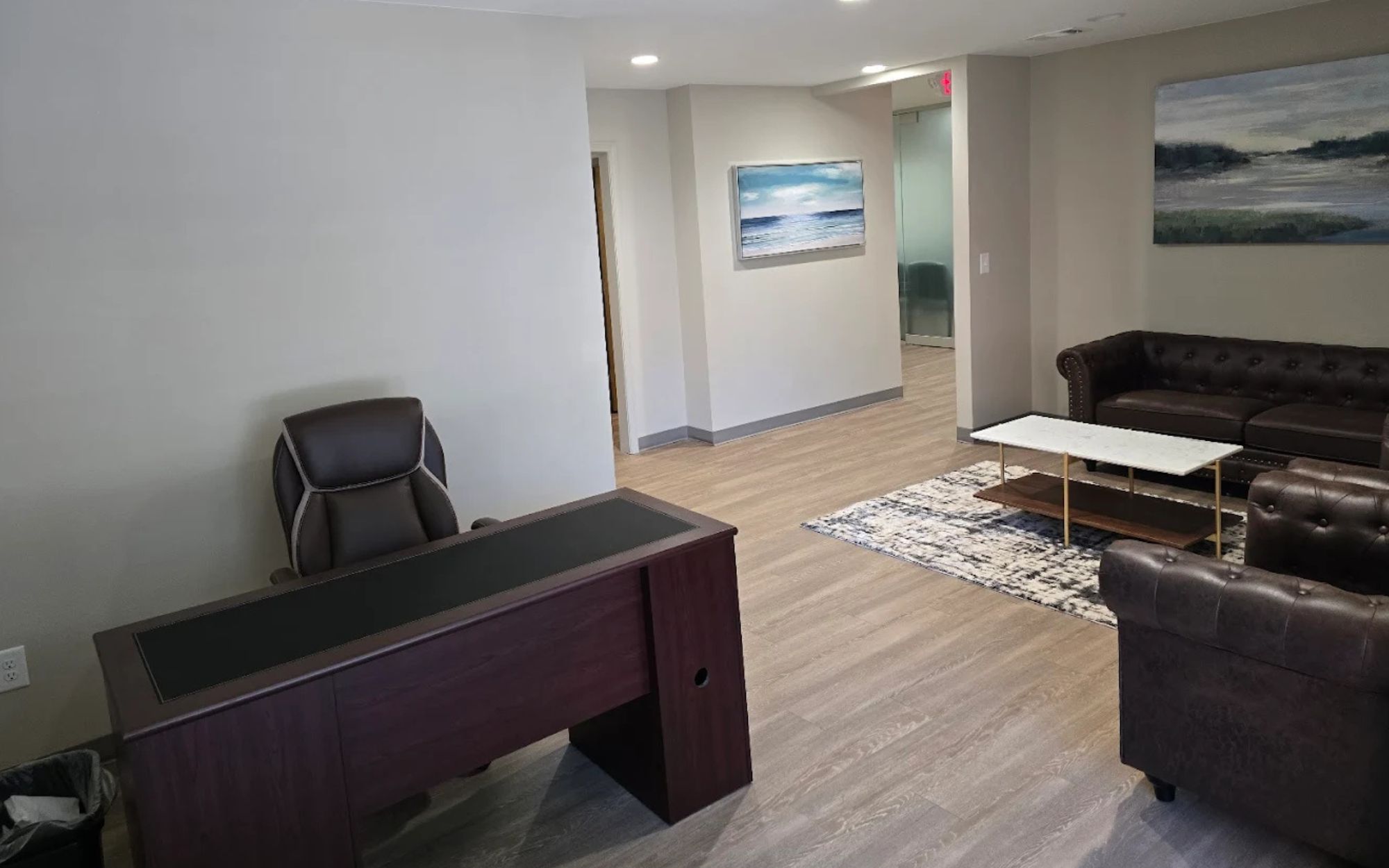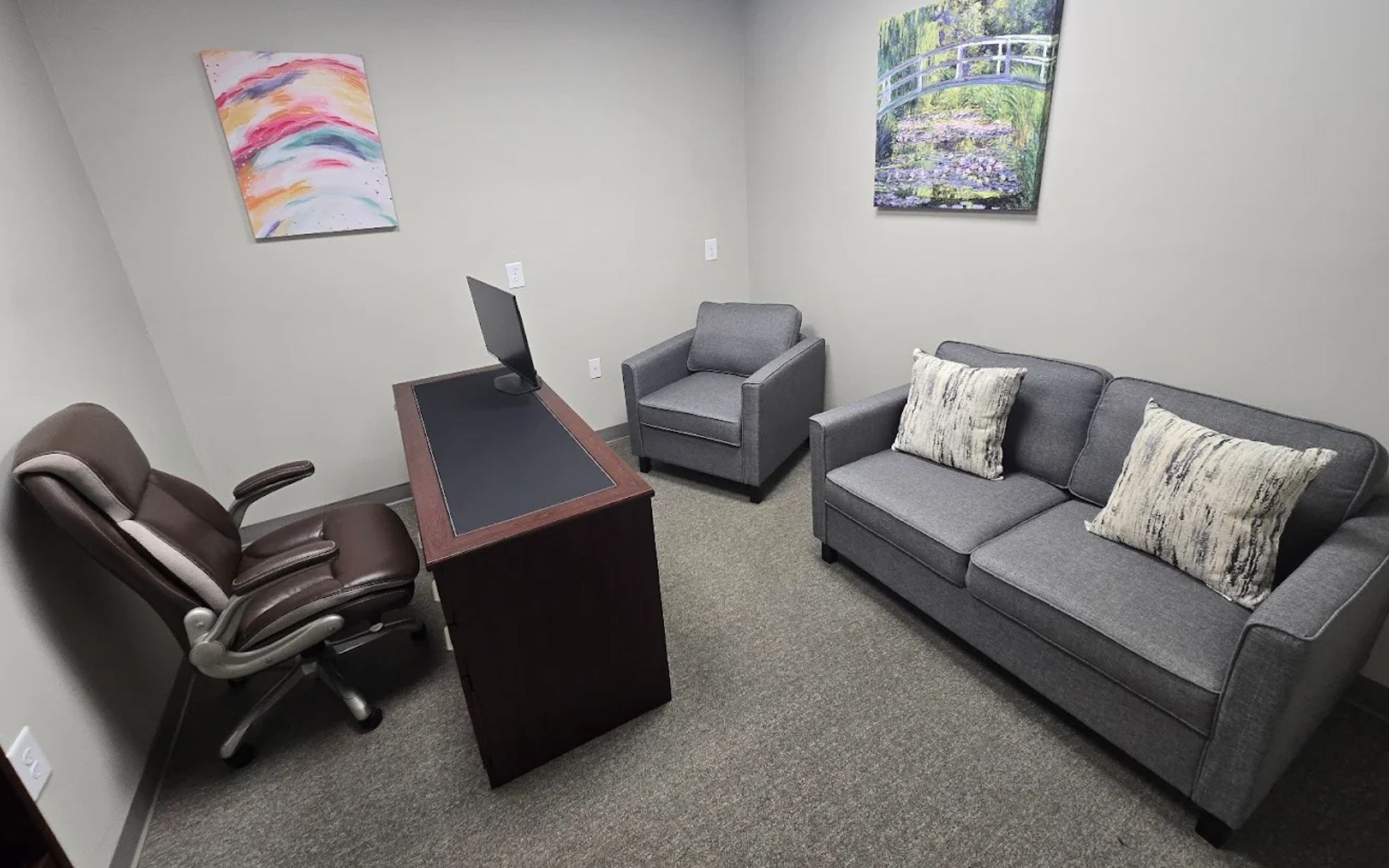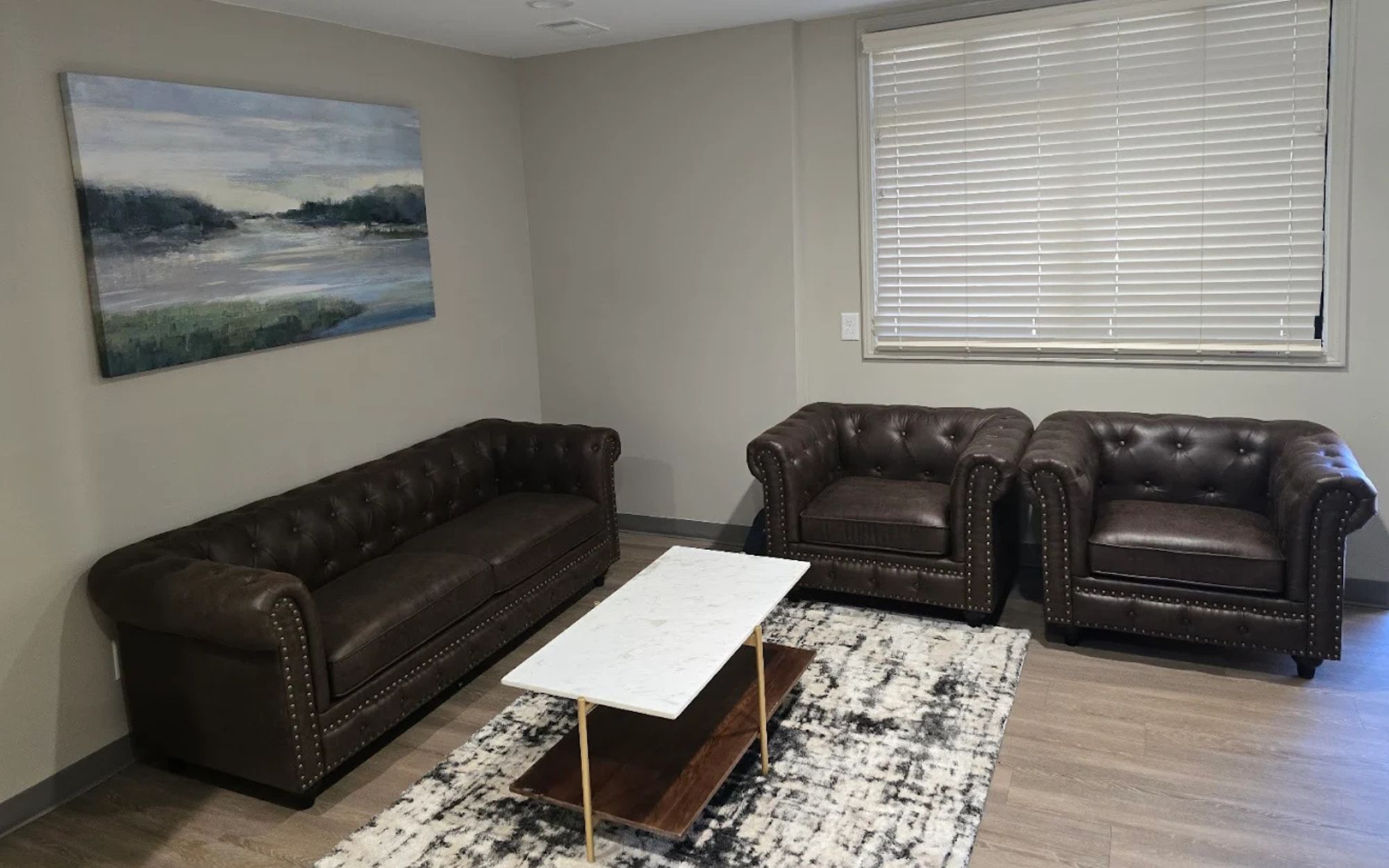
Heroin addiction recovery
Heroin is one of the most addictive and destructive drugs in the world. What may start as experimentation or a substitute for prescription opioids can quickly spiral into a devastating cycle of dependence, withdrawal, and despair. At Lanier Recovery Center in Atlanta, we offer trusted, individualized outpatient treatment for heroin addiction rooted in clinical excellence, compassion, and a deep commitment to long-term recovery.

